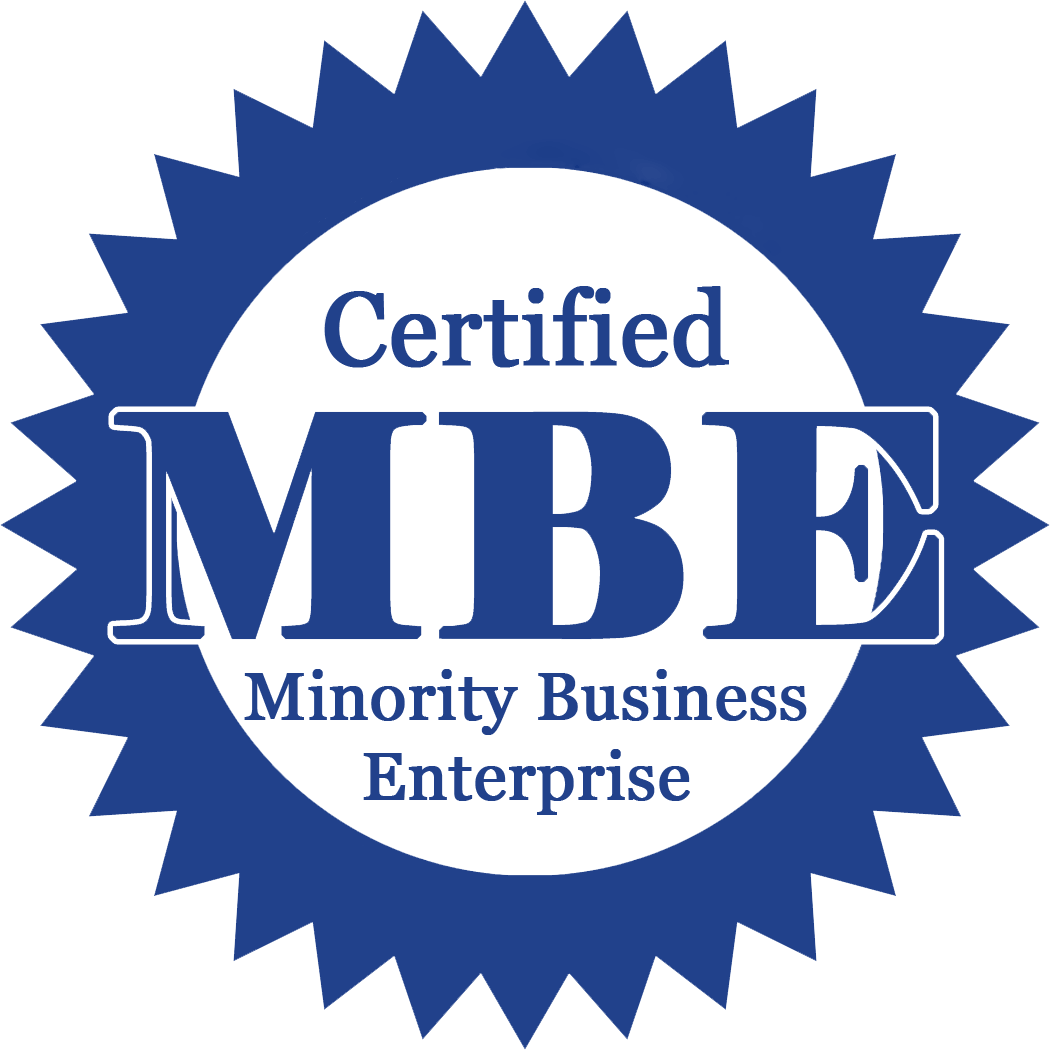About the Webinar
"To win in the marketplace, you must first win in the workplace.."
Organizational culture is a systematic arrangement of allocated traditions, ideologies, ethics the organization functions on. These are the ethics that govern the employee behavior and how they do their jobs, dress and act on it.
Vivek Bhaskaran, CEO of QuestionPro and Jamie Notter, noted author of the bestseller books, “When Millennials Take Over” and “Humanize” and the co-founder of WorkXo discussed workplace culture in a three-part webinar.
In the first of the three-part webinar, we discussed mapping organizational workplace culture using these eight culture markers:
In this webinar, we discussed the categories in which an organization falls under- traditionalist, contemporary and futurist. Also discussed in this webinar was the Workplace Genome model which differs with each organization. This is based on a 10 pointer scale on which culture is marked and based on the score, each organization falls under either of the above-mentioned categories.
Survey Software Easy to use and accessible for everyone. Design, send and analyze online surveys.
Research Suite A suite of enterprise-grade research tools for market research professionals.
Customer Experience Experiences change the world. Deliver the best with our CX management software.
Employee Experience Create the best employee experience and act on real-time data from end to end.






